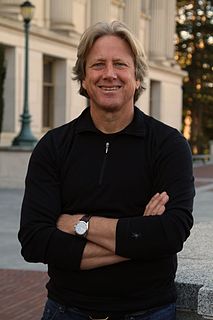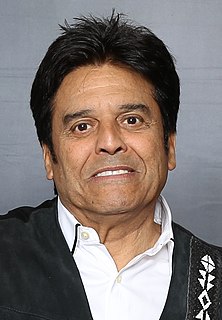A Quote by A. R. Rahman
If you respect a language and culture, it shows in your work.
Related Quotes
Her voice was slightly accented but her French was perfect. Someone who'd not just learned the language but loved it. And it showed with every syllable. Gamache knew it was impossible to split language from culture. That without one the other withered. To love the language was to respect the culture.
One way to think about what psychedelics are is as catalysts for language development. They literally force the evolution of language. You cannot evolve faster than your language because the language defines the culture of meaning. So if there's a way to accelerate the evolution of language then this is real consciousness expansion and it's a permanent thing. The great legacies of the 60's are in attitudes and language. It boils down to doing your own thing, feeling the vibe, ego-trip, blowing your mind.
American Sign Language is a language. It's fun to learn, and it's different from other languages because you use your hands, you use your face, your facial expressions, and there is also an incredible culture that comes with it and an amazing community too, and through that, we can support each other.
I am very interested in writers from the Francophone world. I like Kamel Daoud a lot, for example. In "The Meursault Investigation" and "Zabor," he shows a passion for the French language, a very special way of writing that belongs to those who live on the other side of the Mediterranean Sea. It is language that connects us. It allows people there to cling to our history, our culture and sometimes also our values.
This happens to a lot of kids from different backgrounds - they lose a lot of their parents' and grandparents' teachings, language and culture because they have to deal with another language and culture 24/7. By the time I was 44, I was terrible at Spanish. I was always intimidated whenever I had to speak it.

































